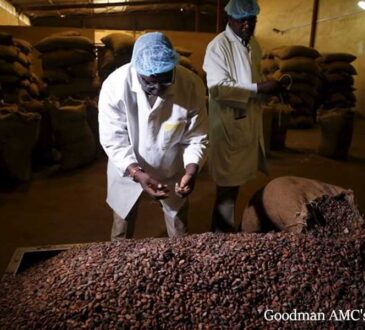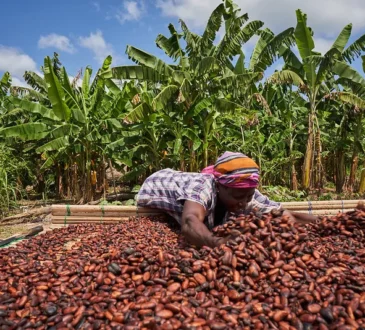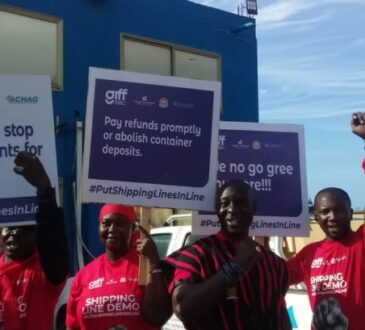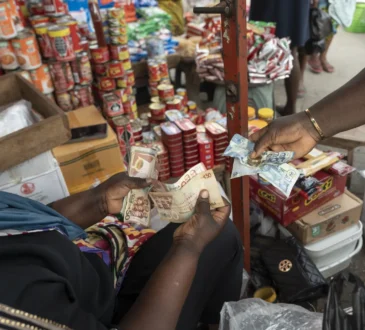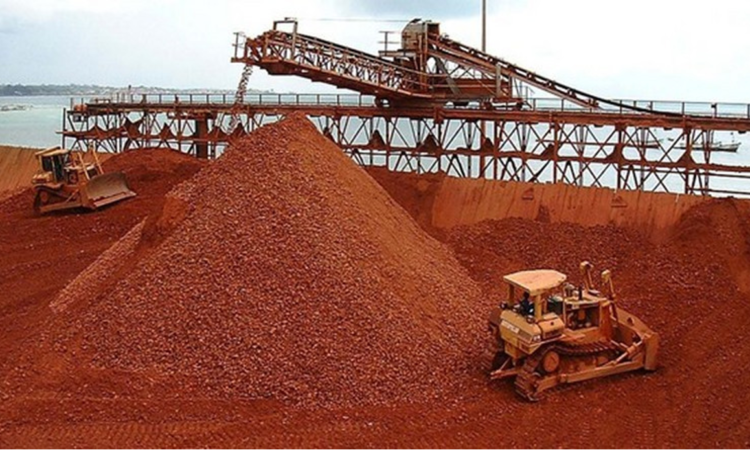
President Akufo-Addo has underscored the government’s imminent initiative to introduce a Legislative Instrument (LI) in parliament, aimed at prohibiting the exportation of raw bauxite as a catalyst for Ghana’s industrialization.
Addressing lawmakers in his penultimate state of the nation address to the legislature, he said ““we will lay before this august House, at this First Meeting of this Session of Parliament, a Legislative Instrument to prohibit the export of bauxite in its raw state. We are, also, in the concluding phase of discussions for the establishment of a four hundred and fifty million US dollar (US$450 million) refinery to refine the manganese we produce.”
Government is already concluding talks on the establishment of a US$450m manganese refinery.
According to the president, to spur industrialisation, it is implementing the Four Project Agenda of the Ghana Integrated Aluminium Development Corporation (GIADEC), with Projects 1 and 2 having, already, taken off, and last month, it signed an agreement for the implementation of Project 3.
GIADEC also has agreement with Rockshore as its strategic partner to develop one of four projects under the integrated aluminium industry and other developments.
GIADEC is executing four projects for the realisation of an integrated aluminium industry.
It is executing its mandate in partnership with key strategic investors.
Project Three is the development of a mine at Kyebi, a second mine at Nyinahin-Mpasaaso, each with a production capacity of up to five million tonnes per annum, and the building of a refinery.
Project Four is the modernisation and expansion of the VALCO smelter to improve efficiency and increase capacity.
Projects
Project One is the expansion of the existing mine at Awaso to increase production from one million tonnes to five million tonnes per annum and the building of a refinery.
Project Two is the development of a mine at Nyinahin-Mpasaaso with a production capacity of 5 million tonnes per annum and a refinery solution.
Parliament has asked the government to explore a specialized funding mechanism to support Ghana Integrated Aluminium Development Corporation, (GIADEC) activities recognizing it as the most feasible solution to bolster the country’s mineral.
According to a report of the 2024 Budget Estimates of the Lands and Natural Resources for the 2024 financial year, the committee noted that, despite the strategic significance of GIADEC, the Corporation continues to face acute funding challenges.
GIADEC was allocated GHc51.6m from the GHc203.9m it requested.
“It is feared the situation will persist in 2024 due to the low budgetary allocation to the Corporation. While the corporation made a budget request of Ghc203,904,655 for its activities in 2024, only a paltry sum of GHc51,650,974 has been allocated to the corporation for 2024.” the report noted.
Aluminium is classified as a critical mineral, and these critical minerals will become even more important as the country seeks to bolster its energy security and domestic industrial resilience – in light of Russia’s illegal invasion of Ukraine – and as we move away from volatile, expensive fossil fuels.
The world in 2040 is expected to need 4 times as many critical minerals for clean energy technologies as it does today, available data suggest.
High energy costs, particularly in Europe, have caused multiple smelters to close or curtail output with the result that run rates are the lowest this century.
Back in 2020, the World Bank identified aluminum as a “high-impact” and “cross-cutting” metal in all existing and potential green energy technologies.
By Eugene Davis




